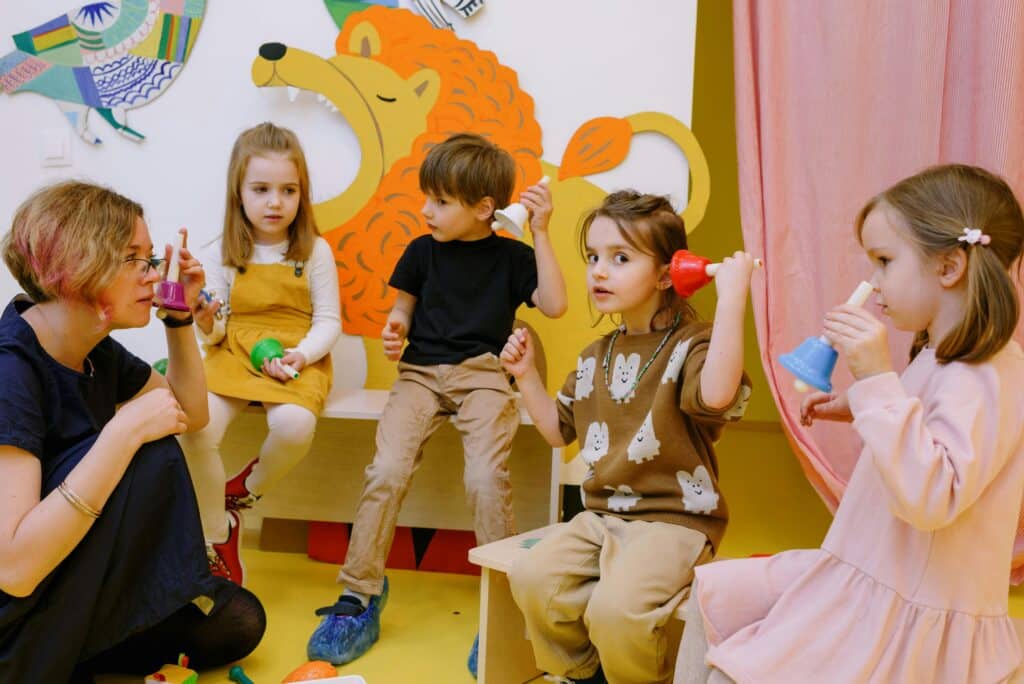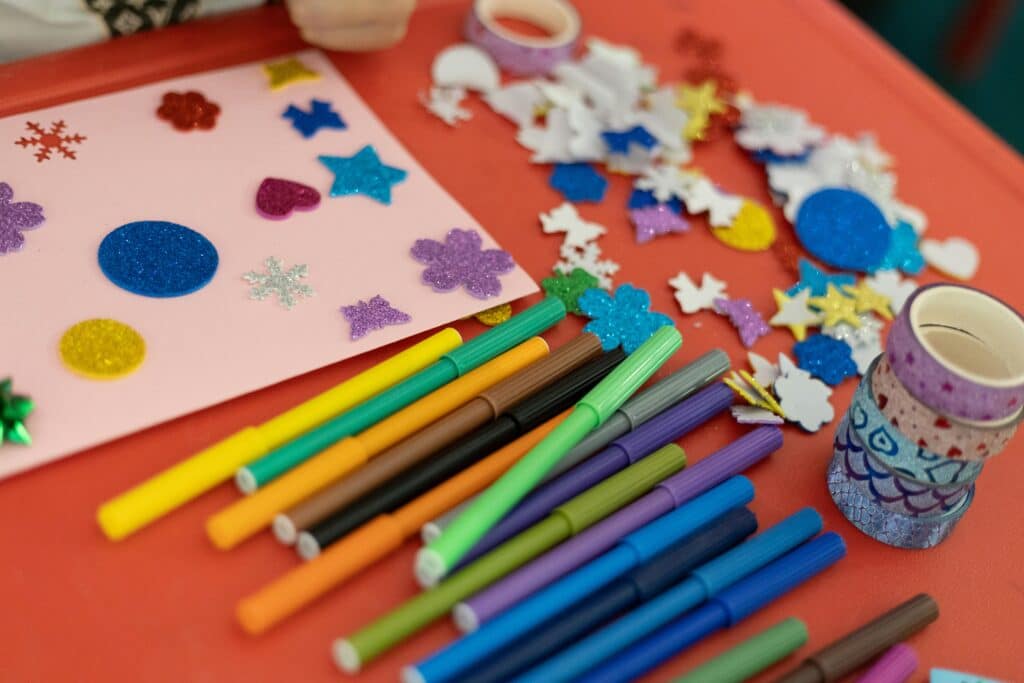As a daycare operator, you play a crucial role in children’s upbringing and help to shape their early experiences and development. This duty can be both rewarding and demanding at the same time because of the responsibility that comes with being entrusted with precious little ones. Knowing that there are families who trust you to care for their young ones, you must ensure that you fulfil your core responsibilities as a care provider.
In this article, we will explore the fundamental areas that every daycare operator must pay attention to. Neglecting these core responsibilities can compromise children’s well-being and lead to regulatory violations, safety hazards, and even damage to your business’s reputation.
Young kids are particularly vulnerable to illness and germs. They often put objects and toys in their mouth and are not conscious of the need to regularly wash their hands, making them susceptible to picking up viruses and bacteria. This is why maintaining a clean and healthy environment is non-negotiable for daycare operators. Proper cleaning and disinfection of the daycare facilities, including toys, mats, bathrooms, floors, and other shared surfaces, is crucial. Consider having a cleaning checklist to ensure that nothing is left out.
One thing to pay attention to when choosing your cleaning equipment and solutions is the type of chemicals used in making them. According to Compass daycare cleaning services, “The use of harsh chemicals in cleaning can be a concern for many parents and caregivers. Therefore, it’s crucial to use eco-friendly cleaning products that effectively remove germs without compromising the health of the children or the environment.” Depending on the size of your facility and the number of kids in your care, you may want to consider hiring a professional cleaning company that understands the unique needs of a childcare facility to help get the job done.
Also, establish hand-washing protocols in your facility to ensure that staff and children wash their hands regularly, especially after bathroom use, outdoor play, and before meals. Have clear sick policies about when a child must stay home, and communicate openly with parents about such guidelines.
Licensing and Compliance
Daycares are regulated businesses. Therefore, it is crucial to comply with local and state childcare regulations and policies. Regulatory bodies issue licenses to daycare centers that fulfill specific requirements pertaining to the safety, health, and overall quality of care for young children. Not only does this help ensure the quality of services you provide and the safety of the children in your care, but licensing also helps you establish trust with parents. Parents will be more at ease leaving their children in your care when they know that the appropriate background checks and inspections were conducted before you began operating.
Anyone operating a daycare business without the required license could face severe repercussions. You could be fined based on your gross revenue and would be at an increased risk of legal fees and lawsuits. You could also face criminal charges and risk closure of your business. Very importantly, when you run an unlicensed daycare, you jeopardize the well-being and safety of the kids in your care because you may not adhere to the necessary standards for childcare.
In addition to having the license needed to operate a daycare, you must also conduct adequate background checks on all staff and volunteers. This helps protect the children from the potential danger of being left in the care of individuals with a history of criminal convictions. Also, maintain accurate documentation at your facility, including incident reports, medical records, attendance logs, and curriculum plans.
Staff Training and Development

Invest in ongoing staff training in your organization because the quality of your daycare is only as strong as that of your team. Begin with a thorough orientation during which all new staff receive onboarding training that covers emergency procedures, daily routines, behavior management, and safety. Encourage staff to pursue certifications in areas that are pertinent to their work, such as early childhood education and child development, by providing incentives to those who do.
Regularly conduct performance reviews on the staff and observe their interaction with children. Your staff and all volunteers must understand the appropriate way to interact with kids in their care. For instance, they must know that physical forms of punishment are prohibited, and no child should be shoved or hit, even if it is supposed to be a form of play. Maintain the appropriate child-to-staff ratios and make it clear that no staff member should be alone with a child when out of view of other adults and children. This step helps prevent abuse allegations and ensures the safety of the kids in case of an emergency.

















